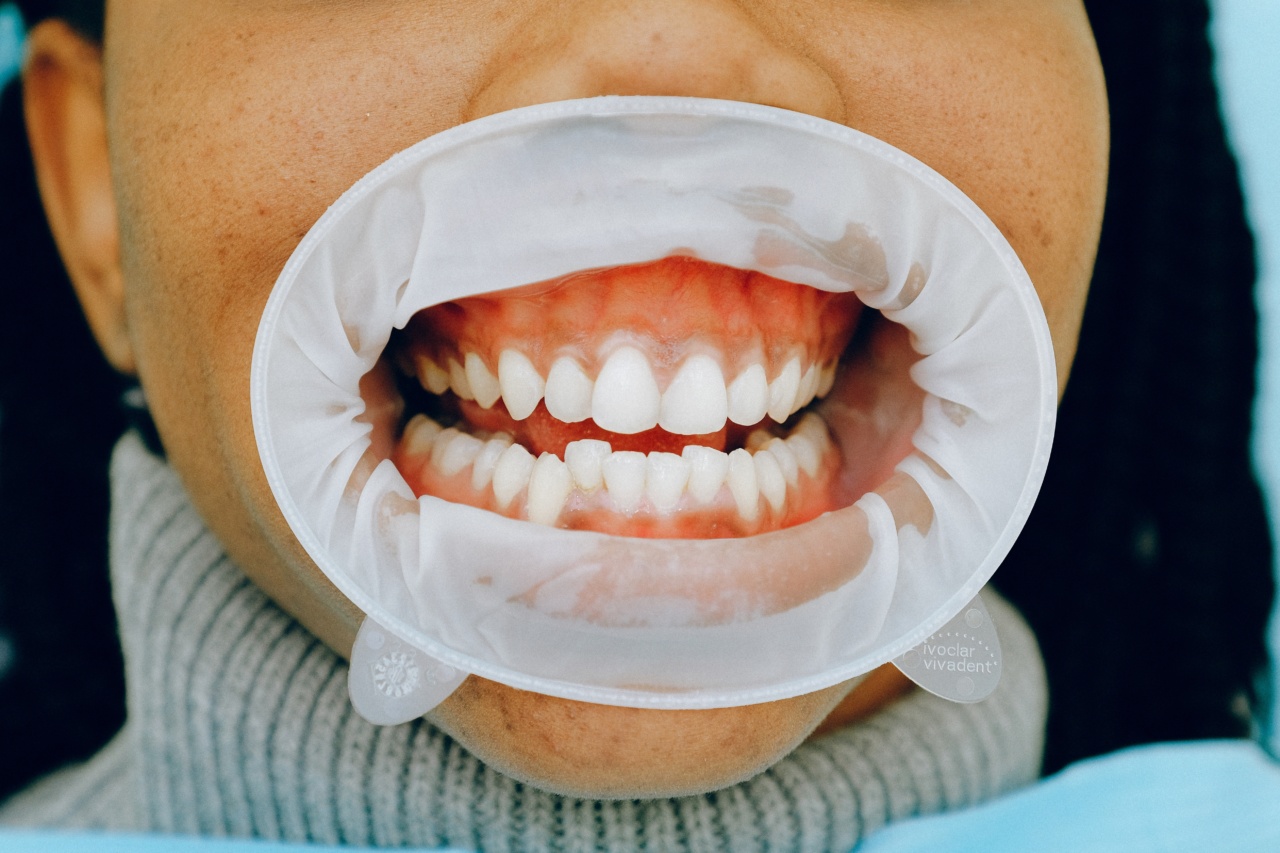The human mouth is one of the most complex structures in the body, and it acts as the first point of entry for food and drinks. It is also an indicator of our general health, with several oral conditions reflecting our overall health status.
Here are ten oral indicators that can tell you a lot about your health.
1. Bad Breath
Bad breath or halitosis is a common oral issue that can be caused by several factors. One of the most common reasons for bad breath is poor oral hygiene.
If you don’t brush your teeth regularly or floss, food particles can remain in your mouth, promoting bacterial growth and causing bad breath. Other factors that can cause bad breath include dry mouth, certain medications, and medical conditions such as liver and kidney disease, diabetes, and gastroesophageal reflux disease (GERD).
2. Swollen Gums
Swollen gums are a clear sign of gum disease, which is caused by poor oral hygiene and the buildup of plaque and bacteria on your teeth.
Apart from gum disease, swollen gums can also be caused by hormonal changes, prescription medications, and dental appliances that don’t fit properly. If left untreated, gum disease can lead to tooth loss and an increased risk of other diseases such as heart disease and stroke.
3. White Patches in the Mouth
If you notice white patches in your mouth, particularly on the inside of the cheeks or tongue, you could have a condition called leukoplakia.
Leukoplakia is a precancerous condition that is caused by excessive cell growth due to chronic irritation of the mouth lining. Smokers and heavy alcohol drinkers are at a higher risk of developing leukoplakia. If you notice white patches in your mouth, see your dentist or doctor immediately.
4. Dry Mouth
Dry mouth, or xerostomia, is a condition in which there is a reduced production of saliva or inadequate saliva flow in the mouth.
It can be caused by several factors such as medication, dehydration, nerve damage, and medical conditions such as Sjogren’s syndrome and diabetes. Dry mouth can lead to bad breath and a higher risk of dental decay and gum disease.
5. Canker Sores
Canker sores are small ulcers that develop inside the mouth, particularly on the tongue, cheeks, and lips. They are not contagious, but they can be painful and irritating.
Canker sores are generally caused by stress, injury, certain foods, and hormonal changes. If you get canker sores frequently, it could be a sign of an underlying medical condition such as anemia, celiac disease, or Crohn’s disease.
6. Cracked or Chipped Teeth
Cracked or chipped teeth can occur due to several factors, including trauma, biting down on hard objects, and weakened teeth due to dental decay. If left untreated, cracked or chipped teeth can lead to infections and further tooth damage.
It’s essential to see your dentist as soon as possible if you have a cracked or chipped tooth.
7. Tooth Sensitivity
If you experience tooth sensitivity when consuming hot, cold, or sweet foods and drinks, it could be a sign of tooth decay, gum disease, or exposed tooth roots.
Tooth sensitivity can also be caused by teeth grinding, brushing too hard, and acidic foods and drinks. If you experience tooth sensitivity, see your dentist to determine the underlying cause and get appropriate treatment.
8. Metallic Taste in the Mouth
If you have a persistent metallic taste in your mouth, it could be a sign of a medical condition such as GERD, kidney disease, or liver disease. It can also be caused by certain medications and dental restorations such as fillings and crowns.
It’s essential to see your doctor or dentist if you have a persistent metallic taste in your mouth.
9. Tongue Color and Texture
The color and texture of your tongue can reveal a lot about your health. A white, coated tongue can be a sign of oral thrush, a fungal infection, or a side effect of certain medications or dental appliances.
A red, smooth tongue can be a sign of vitamin deficiencies, allergies, or anemia. If you notice any changes in your tongue’s color or texture, see your doctor or dentist.
10. Jaw Pain and Clicking
If you experience pain or clicking in your jaw, it could be a sign of temporomandibular joint (TMJ) disorder. TMJ disorder occurs when the jaw joint and surrounding muscles become inflamed, leading to pain and discomfort.
It can be caused by several factors such as teeth grinding, stress, and arthritis. If you experience jaw pain or clicking, see your dentist to determine the underlying cause and get appropriate treatment.


























